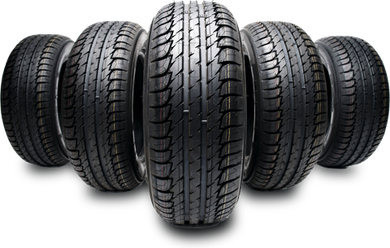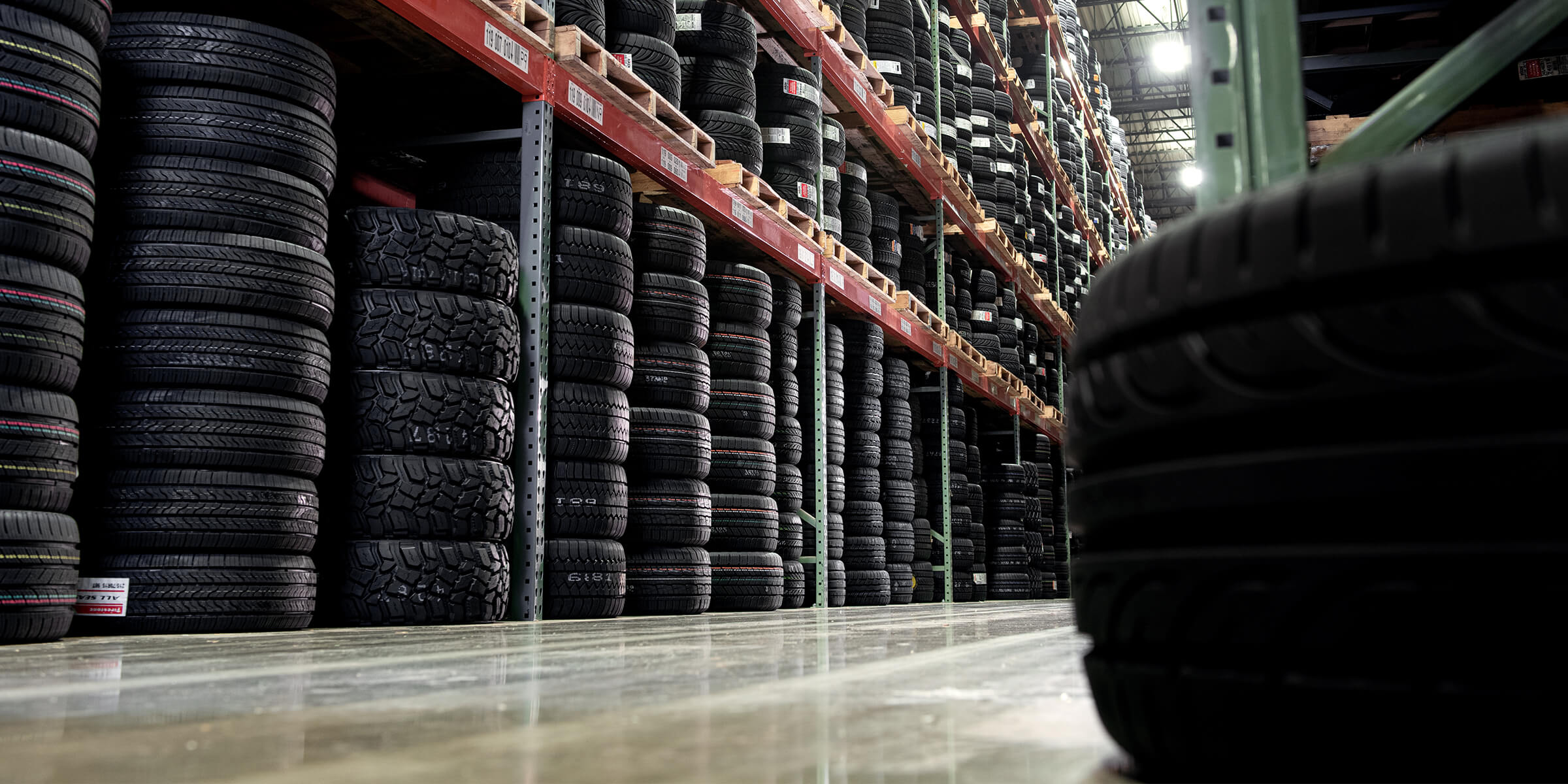Tire Solution: Comprehending Tire Pressure Surveillance Solutions
Comprehending Tire Stress Tracking Solutions (TPMS) is a crucial facet of maintaining optimum car performance and safety and security when traveling. With developments in vehicle technology, TPMS has come to be a basic attribute in modern vehicles, offering real-time information on tire pressure levels. Diving much deeper right into the ins and outs of TPMS, one can uncover the numerous parts that compose this system and the relevance of each in ensuring accurate surveillance. From straight to indirect TPMS systems, the landscape of tire pressure tracking varies, each with its unique set of factors to consider and benefits. Stay tuned to decipher the complexities of TPMS, from upkeep suggestions to the obvious advantages of maintaining your tires properly inflated. discount tires morris il.

Value of TPMS
The importance of Tire Stress Monitoring Equipments (TPMS) depends on their capacity to improve vehicle security and efficiency with real-time tracking of tire stress degrees. Preserving the proper tire pressure is critical for ensuring ideal handling, braking, and general safety and security of a car. TPMS provides drivers with instant feedback on any type of overinflated or underinflated tires, permitting prompt changes to be made.
Parts of TPMS
Sensors are commonly located in the tire shutoff stem or affixed to the wheel assembly, where they measure tire stress and send information to the control component. Some advanced TPMS versions also present the actual tire pressure analyses for each tire, offering motorists with real-time details to guarantee optimal tire efficiency and safety. By checking tire stress constantly, TPMS helps prevent crashes, lowers tire wear, and boosts fuel effectiveness, making it a vital part for vehicle security and efficiency. mopar tire service specials.
Sorts Of TPMS

On the other hand, indirect TPMS counts on the vehicle's wheel speed sensors to keep track of tire pressure. This system spots underinflation by contrasting the rotational rates of the wheels. Indirect TPMS is much less costly than direct TPMS, as it makes use of existing sensing units within the vehicle.
While straight TPMS provides much more exact analyses, indirect TPMS is easier in layout and usually you can find out more requires less maintenance. Both systems have their constraints and benefits, and the selection in between them usually depends on variables such as price, car make, and personal preference. Recognizing the differences between these 2 types of TPMS can assist automobile proprietors make informed choices concerning tire upkeep and security.
TPMS Maintenance Tips
Reliable upkeep of TPMS is important for making certain optimum efficiency and safety of your automobile. Routinely inspecting the TPMS sensors for any kind of damages or rust is essential. Guarantee that the sensing units are free and clean from debris that could disrupt their performance. In addition, it is recommended to examine the sensor batteries periodically and replace them as needed to assure precise readings. Conduct routine look at the tire pressure levels and compare them with the TPMS readings to guarantee they are consistent. If there are any inconsistencies, rectify the system complying with the manufacturer's standards. Additionally, throughout tire rotation or substitute, ensure that the TPMS components are taken care of very carefully Find Out More to avoid any prospective damages. Finally, if the TPMS advising light illuminates on the control panel, attend to the issue without delay by examining the tire stress and the general system for any type of faults. By sticking to these maintenance tips, you can prolong the life-span of your TPMS and improve the safety of your driving experience.
Benefits of Correct Tire Pressure
Maintaining correct tire pressure, as stressed in TPMS Maintenance Tips, is vital for enjoying the countless advantages linked with optimal tire stress levels. In addition, proper tire stress guarantees even tire wear, prolonging the life expectancy of the tires and promoting more secure driving conditions. In verdict, the benefits of appropriate tire stress go beyond just tire durability; they incorporate boosted fuel performance, enhanced safety and security, far better lorry performance, and overall driving convenience.
Final Thought
To conclude, comprehending tire pressure monitoring systems (TPMS) is vital for keeping optimum tire stress and making certain automobile security. By recognizing the relevance of TPMS, knowing with its parts, understanding the different kinds offered, sticking to correct maintenance ideas, and understanding the benefits of maintaining appropriate tire pressure, chauffeurs can boost their driving experience and extend the life expectancy of their tires. Proper tire stress is crucial to safe and effective lorry procedure.
